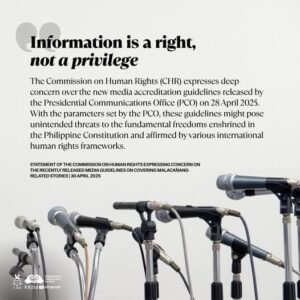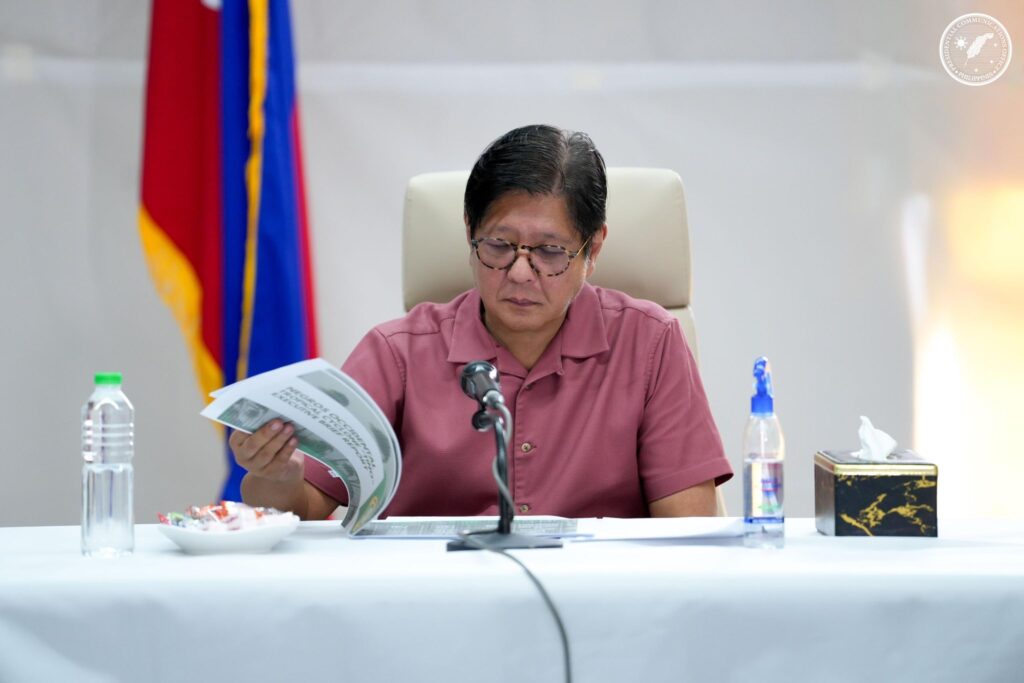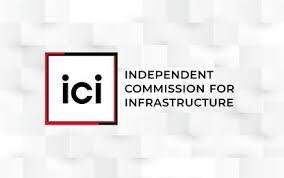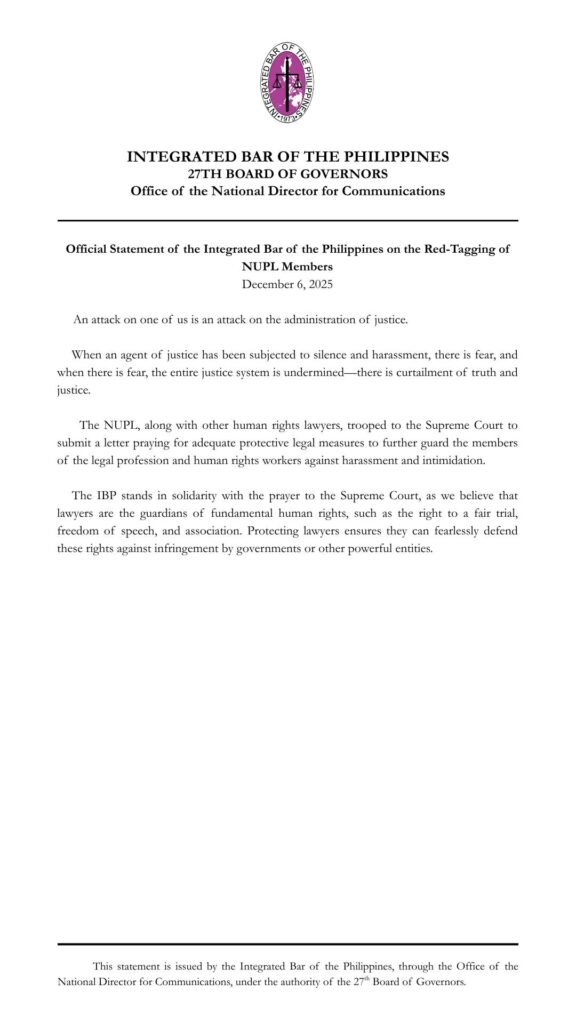📷: Commission on Human Rights | FB
The Commission on Human Rights (CHR) said on Wednesday, April 30, that vague definitions and restrictive requirements of the new media accreditation guidelines issued by the Presidential Communications Office (PCO) could suppress press freedom and discriminate against younger journalists.
In a statement, the CHR said it is “deeply concerned” about the new rules, which require journalists covering Malacañang to have at least five years of experience in government reporting and for their organizations to have been operating for at least five years. The CHR warned that this could “put newer and younger reporters at a disadvantage.”
“Vague terms in the guidelines such as ‘false reporting’ raise the risk of misuse, as such terms may be weaponized against matters concerning censorship,” the CHR said.
“These guidelines might pose unintended threats to the fundamental freedoms enshrined in the Philippine Constitution and affirmed by various international human rights frameworks,” it added.
The PCO issued the rules late April but has since deferred implementation after a meeting with the Malacañang Press Corps (MPC), an association of reporters covering the presidential palace. The CHR welcomed the postponement and urged the PCO to undertake “a more thorough review of the guidelines.”
“In line with the principles of transparency and good governance, the Commission believes that journalism—particularly the coverage of government affairs, including Malacañang as a prime beat—must not be subjected to undue barriers or administrative sanctions that impede critical inquiry and public discourse,” it said.
The commission cited the 1987 Constitution’s provisions guaranteeing freedom of expression and the public’s right to information, as well as international agreements such as the Universal Declaration of Human Rights and the International Covenant on Civil and Political Rights, to which the Philippines is a state party.
The CHR also flagged the “potential discriminatory implications” of the accreditation rules.
“Emerging media entities and young journalists—many of whom cover stories of marginalized sectors and bring independent, critical perspectives—are at risk of exclusion,” it said.
While the CHR acknowledged the government’s intent to maintain order in covering a sensitive beat like Malacañang, it emphasized that such policies “should not be at the expense of press freedom.”
It also pointed to the role of the MPC in ensuring journalistic integrity: “The CHR acknowledges the role of the MPC in exercising self-regulation and internal accountability mechanisms to address cases involving erring media personalities, thereby reinforcing public trust without compromising press freedom.”
“A free press is not a privilege granted by the State—it is a right held by the people,” the CHR added. “Democracy cannot flourish without a vigilant, independent, and critical media.” (TCSP)




